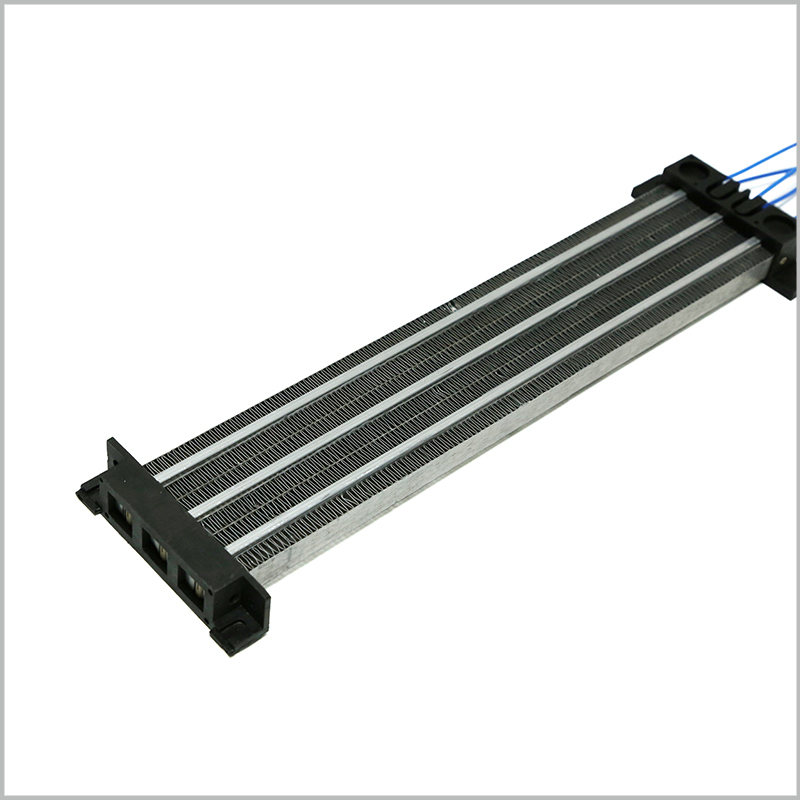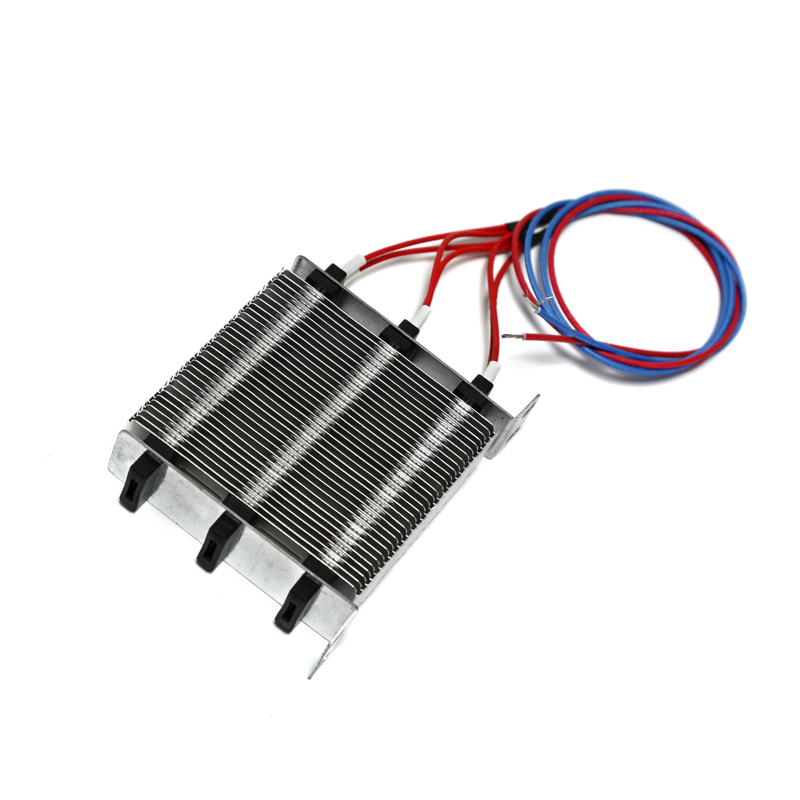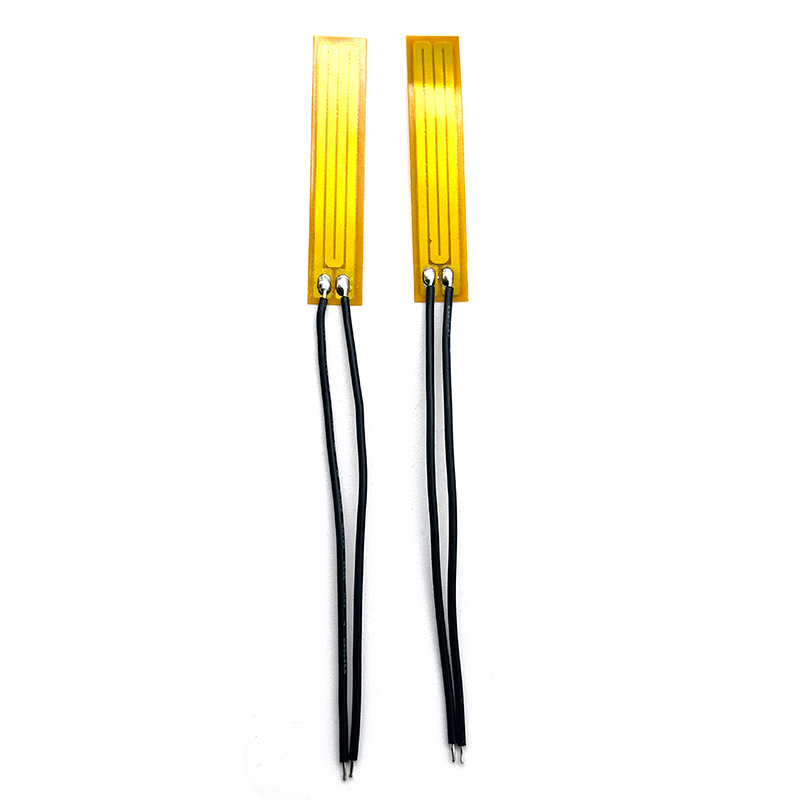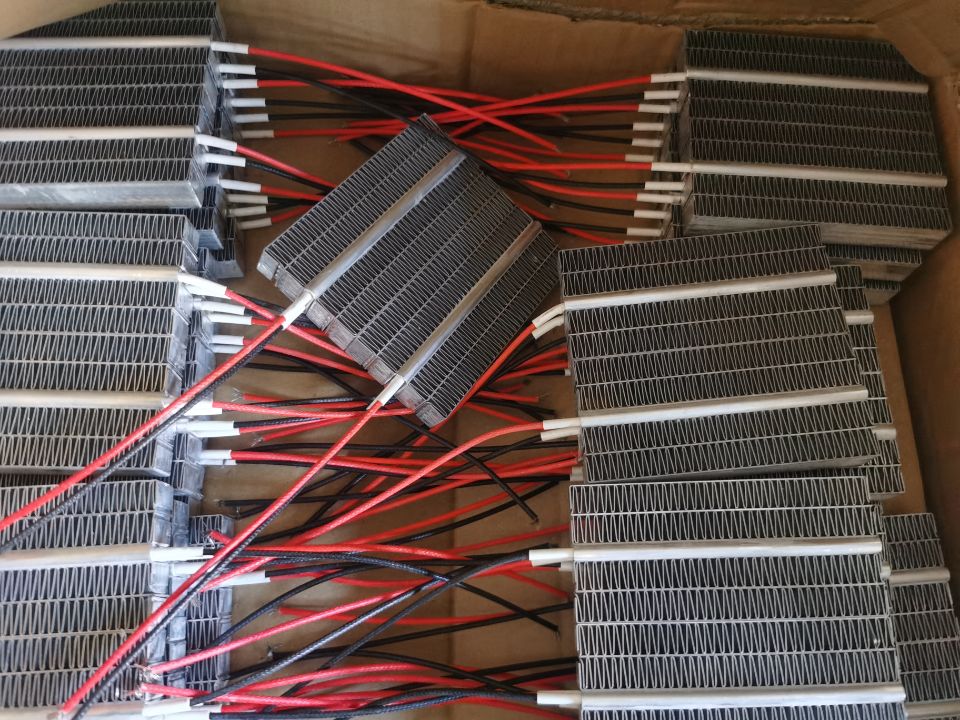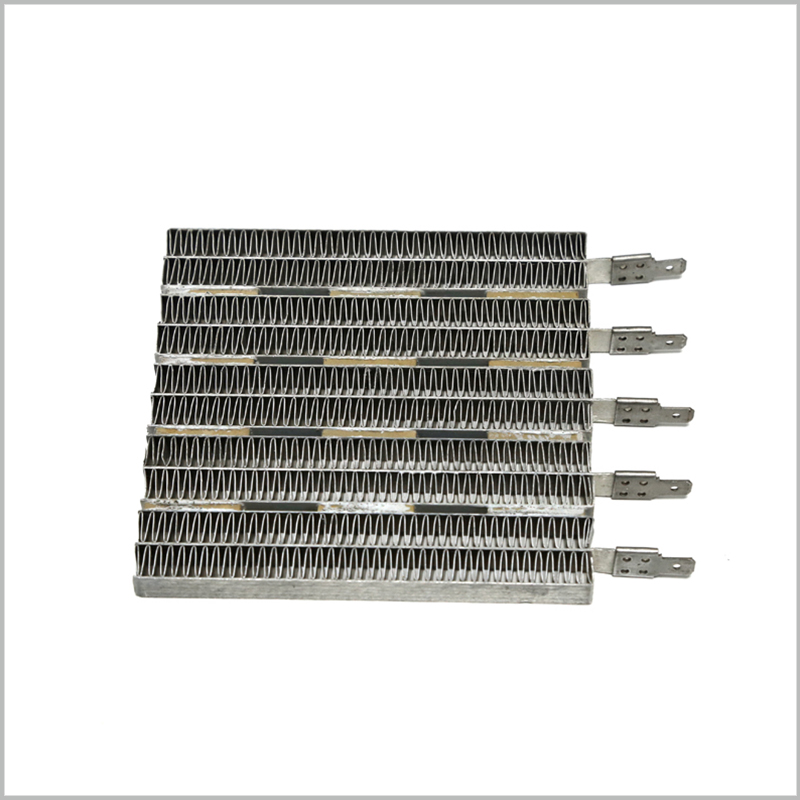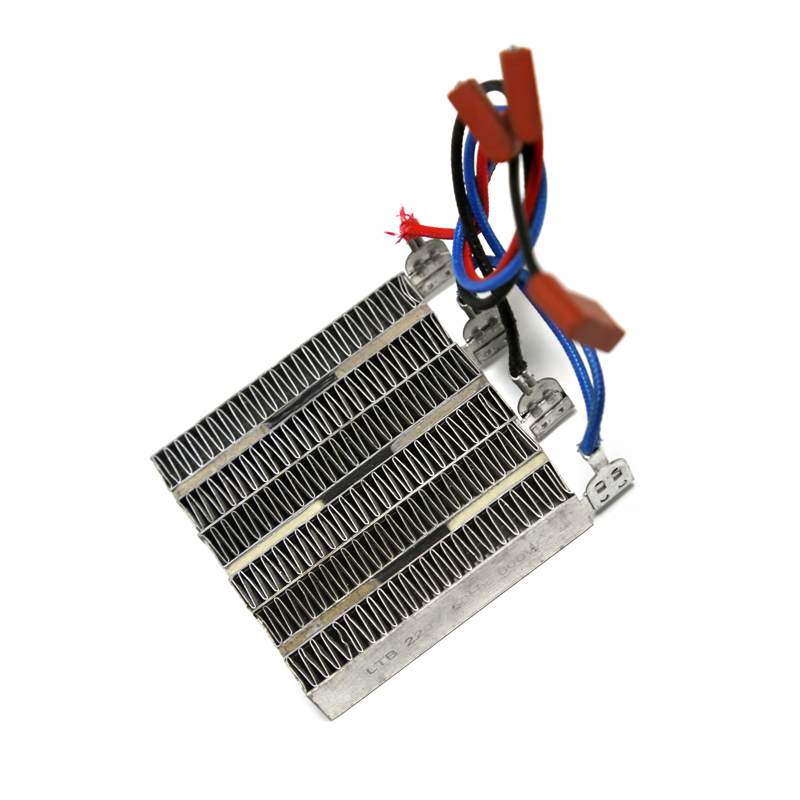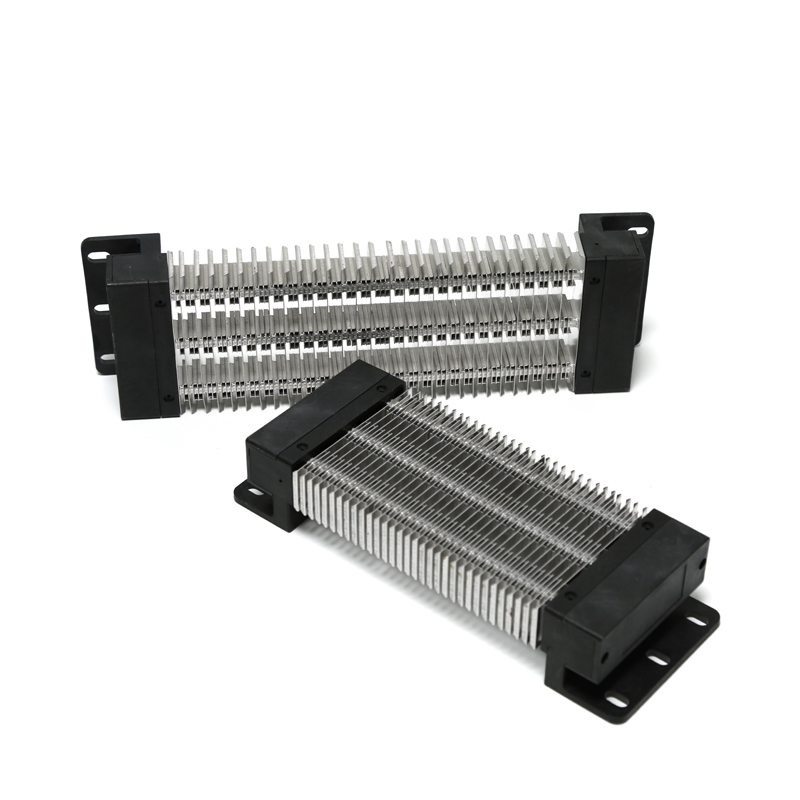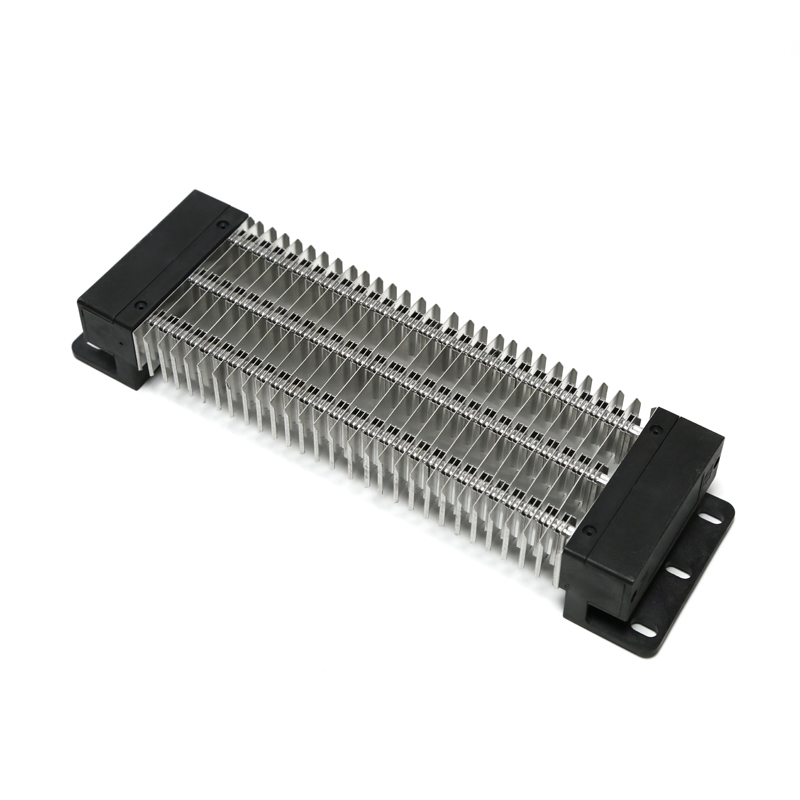In the world of electronics, some components work silently in the background, facing harsh conditions while ensuring everything else functions properly. Among these unsung heroes are epoxy-coated thermistors – the rugged, reliable solution for temperature sensing where ordinary components would fail.
What Are Epoxy-Coated Thermistors?
At their core, epoxy-coated thermistors are standard Negative Temperature Coefficient (NTC) or Positive Temperature Coefficient (PTC) thermistors encapsulated in a protective epoxy resin coating. This simple addition transforms a delicate temperature sensor into a durable, versatile component ready for real-world applications.
The epoxy coating serves as both a physical protector and an environmental shield, creating a barrier against:
-
Moisture and humidity
-
Chemical vapors and liquids
-
Mechanical stress and vibration
-
Contaminants and dust
Key Advantages That Make Them Indispensable
1. Superior Environmental Protection
Unlike bare thermistors or glass-encapsulated versions, epoxy-coated thermistors excel in humid or wet environments. The epoxy forms a waterproof seal that prevents moisture from affecting the sensor's accuracy or causing failure.
2. Enhanced Mechanical Durability
The epoxy coating adds structural integrity, making these thermistors resistant to vibration, physical impact, and mechanical stress that would damage unprotected components.
3. Chemical Resistance
From industrial cleaning solutions to automotive fluids, epoxy coatings provide excellent resistance to many chemicals that would corrode standard sensors.
4. Cost-Effective Reliability
While offering significant protection, epoxy-coated thermistors remain affordable – providing industrial-grade durability at consumer-friendly prices.
Where You'll Find Them Working Hard
Medical Devices
-
Patient monitoring equipment
-
Portable diagnostic devices
-
Disposable medical sensors
The epoxy coating ensures reliability during repeated sterilization and protects against bodily fluids.
Automotive Applications
-
Battery temperature monitoring in EVs
-
Climate control systems
-
Engine management sensors
They withstand temperature extremes, vibration, and exposure to automotive fluids.
Consumer Electronics
-
Smartphone battery temperature monitoring
-
HVAC system controllers
-
Home appliance temperature control
The coating protects against humidity and condensation in everyday environments.
Industrial Controls
-
Process temperature monitoring
-
Motor protection
-
Power supply units
They resist chemical exposure and mechanical stress in factory settings.
Outdoor & Marine Equipment
-
Weather stations
-
Marine sensors
-
Outdoor monitoring systems
The waterproof nature makes them ideal for exposed applications.
Choosing the Right Epoxy-Coated Thermistor
When selecting an epoxy-coated thermistor, consider:
Temperature Range: Most operate from -55°C to +150°C, with specialized versions for extreme temperatures.
Response Time: The epoxy coating slightly increases thermal response time compared to bare elements – ensure this meets your application requirements.
Accuracy and Stability: Look for components with tight tolerance and long-term stability specifications.
Lead Configuration: Available in axial leads, radial leads, or surface mount versions to match your assembly needs.
Installation Best Practices
-
Avoid Mechanical Stress: Don't bend leads close to the epoxy body
-
Mind the Temperature: Keep soldering temperatures within specified limits
-
Proper Sealing: Ensure complete environmental protection in your assembly
-
Thermal Coupling: Maximize thermal contact for accurate readings
When to Choose Epoxy Over Other Options
While glass-encapsulated thermistors offer higher temperature capability and hermetically sealed versions provide ultimate protection, epoxy-coated thermistors hit the sweet spot for most applications requiring:
-
Good moisture resistance
-
Mechanical durability
-
Cost-effective protection
-
Moderate temperature requirements
Conclusion: Reliability Where It Counts
Epoxy-coated thermistors represent the perfect balance of performance, protection, and affordability. They bring laboratory-grade temperature sensing into the real world – surviving the challenges of moisture, chemicals, and physical stress that would defeat ordinary sensors.
Whether you're designing a medical device that must withstand sterilization, an automotive system facing vibration and fluids, or consumer electronics exposed to humid environments, epoxy-coated thermistors provide the reliable temperature monitoring your application demands.
Their simple elegance – a proven sensing technology wrapped in a protective shell – demonstrates how sometimes the most effective solutions are also the most straightforward.


